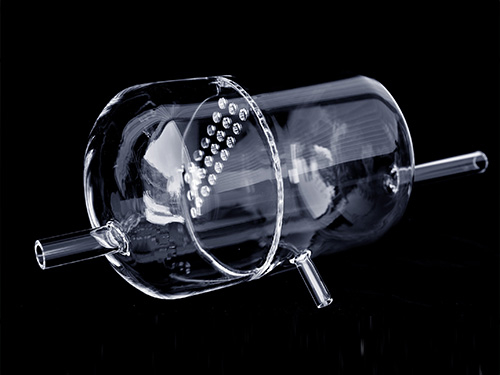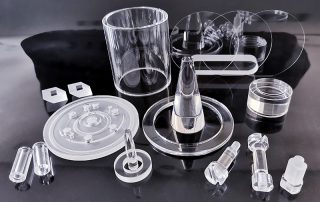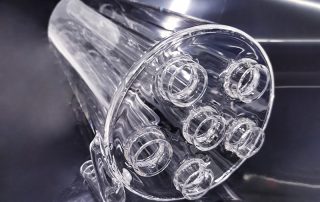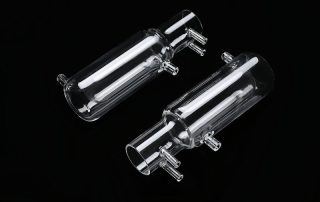Popular Tags

Quartz glass has many advantages for making laboratory instruments
There are many advantages to using quartz glass for laboratory instruments, including the following:
1. Corrosion resistance: Quartz glass has excellent corrosion resistance and can resist the erosion of chemicals such as acids and alkalis. Therefore, it is very suitable for making instruments and equipment that need to come into contact with corrosive reagents in chemical laboratories, such as reactors and distillations. Devices etc.
2. High-temperature stability: Quartz glass remains stable at high temperatures, is not easily softened or deformed, and can withstand chemical reactions and heating processes at high temperatures. Therefore, it is often used in the production of high-temperature equipment such as high-temperature stoves and burners.
3. Transparency: Quartz glass has good optical transparency and can provide clear experimental observation and monitoring of reaction processes, which is helpful for the conduct of experiments and the observation of results.
4. Low thermal expansion coefficient: Quartz glass has a low thermal expansion coefficient, so it can remain stable in environments with rapid temperature changes and is not prone to thermal shock cracks, extending the service life of the instrument.
5. Chemical inertness: Quartz glass is chemically inert and will not react with most chemicals, so it will not contaminate or interfere with experimental samples, ensuring the accuracy and reliability of experimental results.
6. Easy to clean: The surface of quartz glass is smooth, dirt is not easy to adhere to, and it is easy to clean, which is helpful for laboratory hygiene and accurate experiments.
The use of quartz glass to customize chemical laboratory instruments has the advantages of corrosion resistance, high temperature stability, transparency, chemical inertness, etc. It can improve the safety, accuracy and stability of experiments, so it is widely used in chemical laboratories.
























